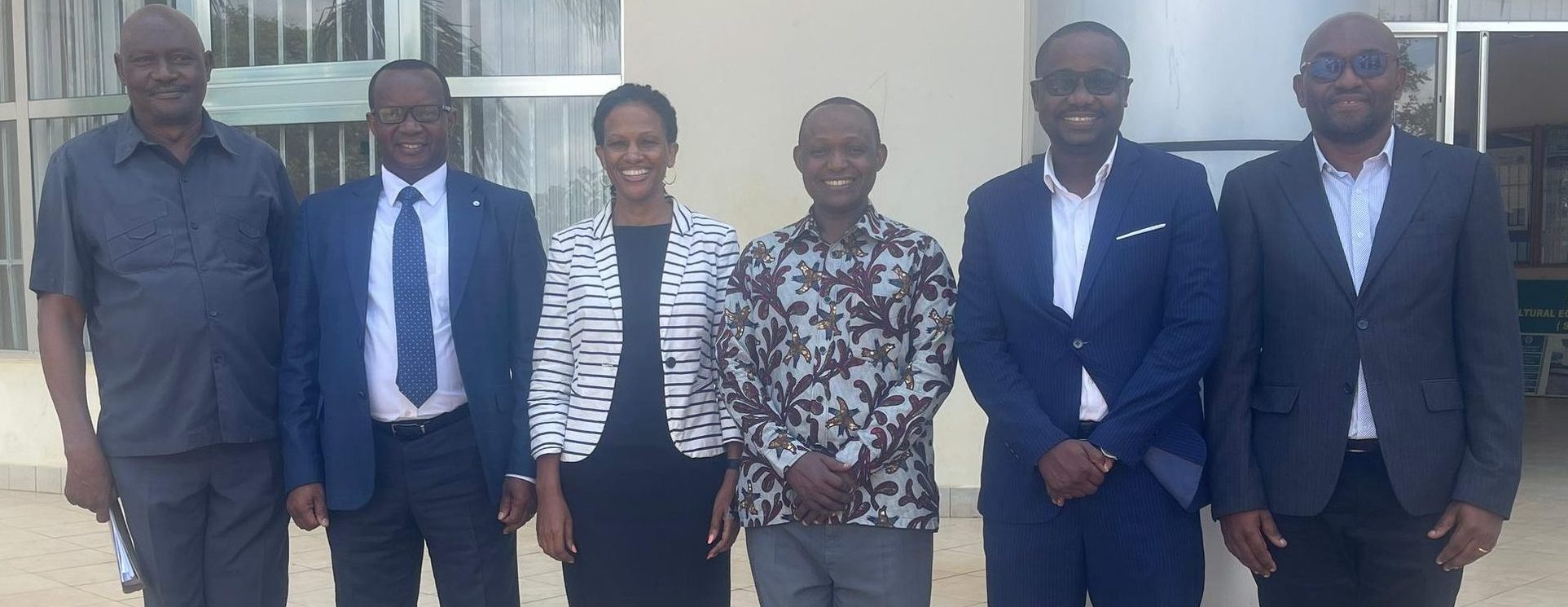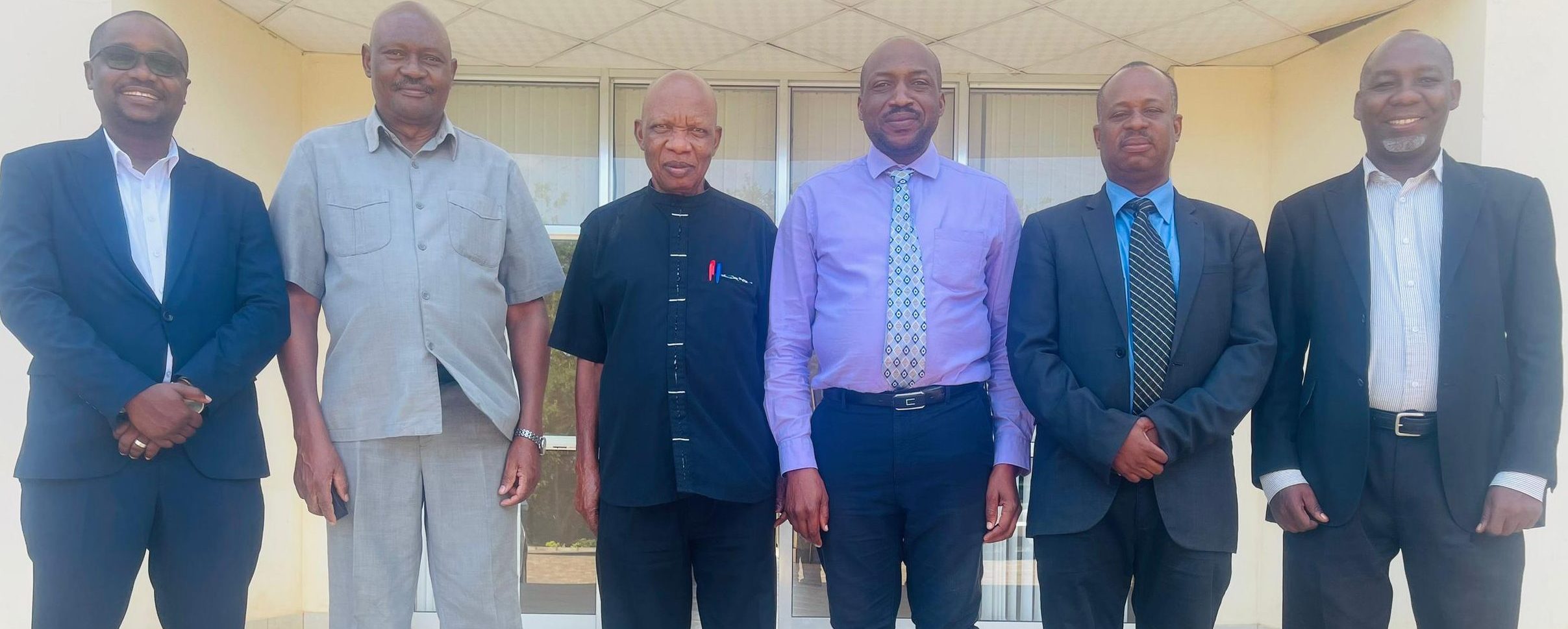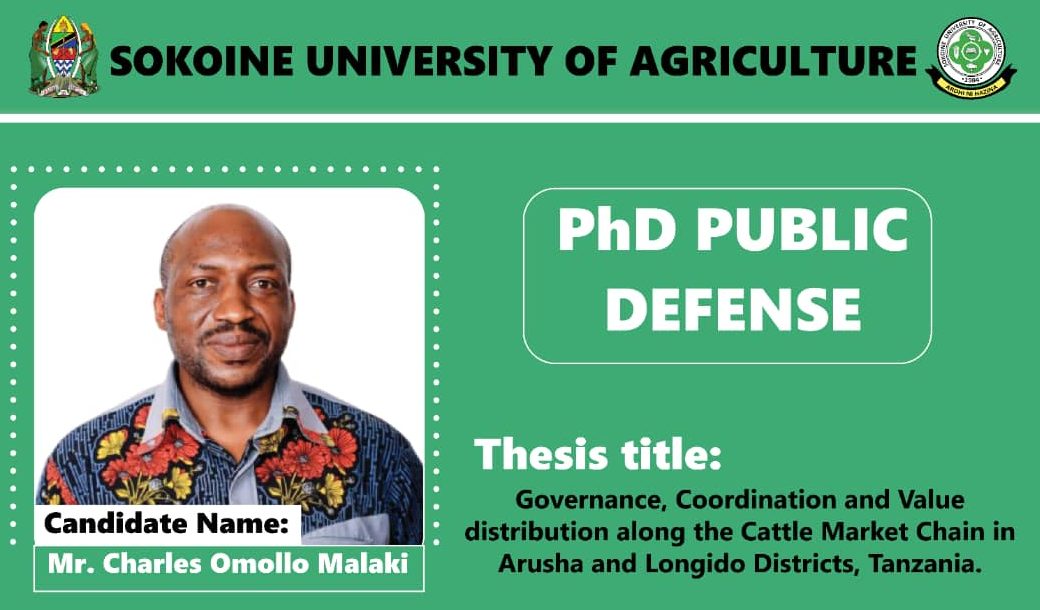
College of Economics and Business Studies (CoEBS) is pleased to inform you that Dr. Stephen Aniseth Nyaki who is a PhD student at CoEBS has successfully defended his PhD titled: The role of social networks in business developments, investment, and employment creation in Tanzania’s Emerging Urban Centres, sponsored by DANIDA through Rural Urban Transformation Project (RUT).
Dr. Stephen is a consultant in the field of Agriculture economics, Agribusiness, and human geography. He also works as a part-time lecturer at the College of Business Education (CBE), Dodoma Campus. He was enrolled as a PhD student at Sokoine University of Agriculture (SUA) in October 2015 in the Department of Agricultural Economics and Agribusiness, School of Agricultural Economics and Business Studies. Dr. Stephen is also a holder of MSc. Agricultural and Applied Economics, major in agricultural policy and international trade.
He was supervised by; Prof. Fredy T. Kilima (Moshi Cooperative University MOCU), Prof Marianne N. Larsen (University of Copenhagen, Department of Geoscience and Natural Resource Management, Human Geography Section) and Dr. Evelyne Lazaro (SUA-CoEBS, Department of Agricultural Economics and Agribusiness). The defence was held on Thursday, 11th November 2021 at CoEBS, board room with five panellists; Prof J.K Urassa (Chairperson, SUA), Prof Søren B. P. Kristensen (IGN, University of Copenhagen, external examiner), Dr. Evelyn A. Lazaro (Internal Examiner), Dr. Daniel Ndyetabula (Head of Department), and Dr. Nicetus Seluhinga (Appointee of the Dean). Prof Marianne Nylandsted Larsen from University of Copenhagen attended as an observer.
Summary of the Thesis
Emerging urban centres (EUCs) which are fast growing urban sections of small towns in rural areas of Tanzania, have been instrumental in facilitating business investment and employment creation as they act as centres for market of rural agricultural produce, manufacturing, business, and administration. High level of informal institutions has limited their performance and social networks which exist in form of kinship relations (family, friends, and relatives) have been central in accessing business investment and employment opportunities to rural and urban population who contemplate in non-farm sector. Using a mixed method, this study collected data from a sample of 459 and 296 businesses in Ilula and Madizini EUCs using a spatial random procedure to empirically evaluate the role of social networks on business performance, investment, and employment creation. Analysis of business embeddedness and brokerage depicted businesses involved in trading tomato and paddy, and wholesale businesses to be central and influential in transferring goods and business information horizontally between, and vertically across businesses within and outside the EUCs. The majority of EUC businesses, however, were small, informally operated, and not well integrated into the EUC social network. Formal institutions were also weak and performed no role in supporting EUC networks. Amid large informal structures, expanding size of social network connections was revealed to significantly increase business performance by increasing stock and sales turnover. Networks of friendship, family, and business colleagues significantly influenced the choice of a business investment; however, their influence diminished as human and financial capital improved. Employment in Ilula and Madizini was mainly created indirectly around businesses linked to tomato and rice value chains, and recruitment largely was done via close network ties. As social network size increased, chances of increasing employment opportunities also increased. Conclusively, social networks are key in channelling resources (products and information), and these networks were stronger around businesses linked to crop value chains. All together played a significant role in business performance, informing business investment decisions, and creation of employment. It is therefore recommended that public and private support in strengthening networks and formal institutions mainly around tomato and rice subsector is needed for sustained business development, and employment creation in rural areas.
Let’s join hands to congratulate him for the achievement.



